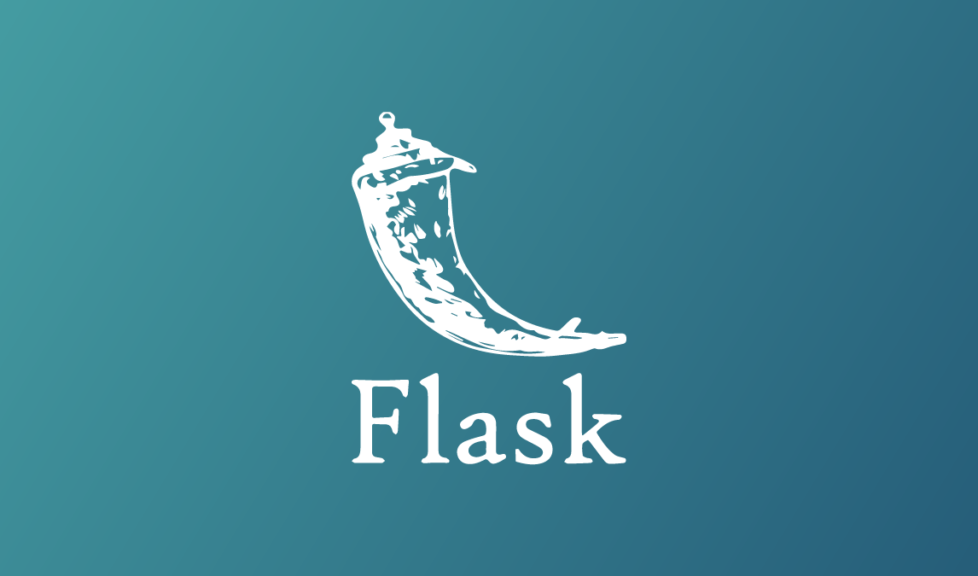Why Flask Is A Good Choice For Back-End Development


In this age of endless choices in terms of web technologies and frameworks and an exploding market for web applications, it is often tricky for an average developer to choose the correct framework in order to develop his or her application in. Often, the wide array of frameworks at one’s disposal produces a situation of choice overload which results in sub-optimal choice of web development framework. It is important to choose the framework that is in consonance with the nature of the project, the timelines, the complexity and various other factors that ought to be taken into account with regards to choosing a web development framework. In this article, we shall be pouring over the Flask web framework, that is a very popular backend development framework among Python developers and shall take a look at its merits and benefits.
Flask is a light-weight WSGI (Web Server Gateway Interface) framework that is designed to allow easy and quick development of web applications. Giving its developers a variety of options in terms tools, libraries and mechanics, Flask gives developers great flexibility in terms of development options without enforcing any dependencies unlike other frameworks. Being a lightweight micro-framework, Flask comes with minimal to no dependencies on external libraries thus removing the need to update dependencies and to be on the lookout for security bugs. It is based on the Werkzeug WSGI library and uses Jinja2 as its templating engine and does away with the need to write low-level code like thread management and protocols.
Thus, we can see that the Flask framework has several merits and benefits that make it an extremely popular framework for new developers. Going forward, we shall be taking a look at several other backend development frameworks.
DISCLAIMER: The author is solely responsible for the views expressed in this article. The author carries the responsibility for citing and/or licensing of images utilized within the text.
